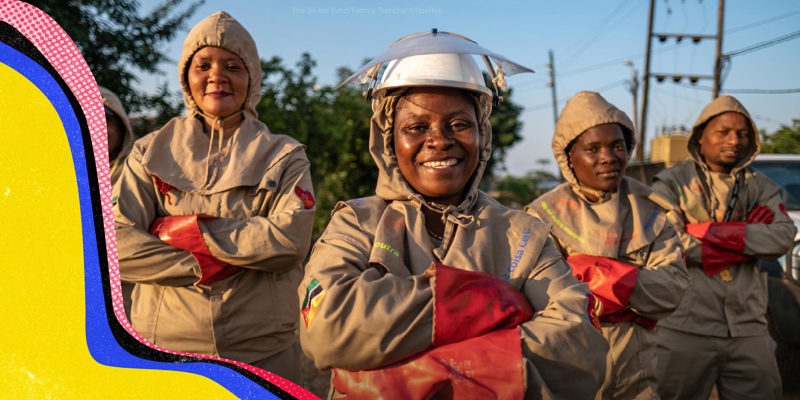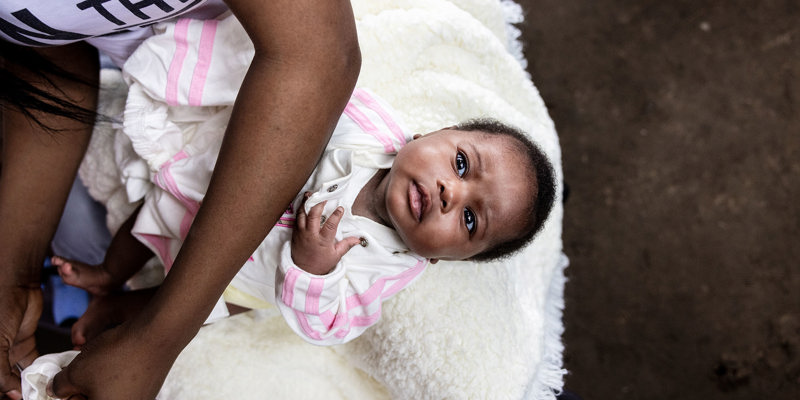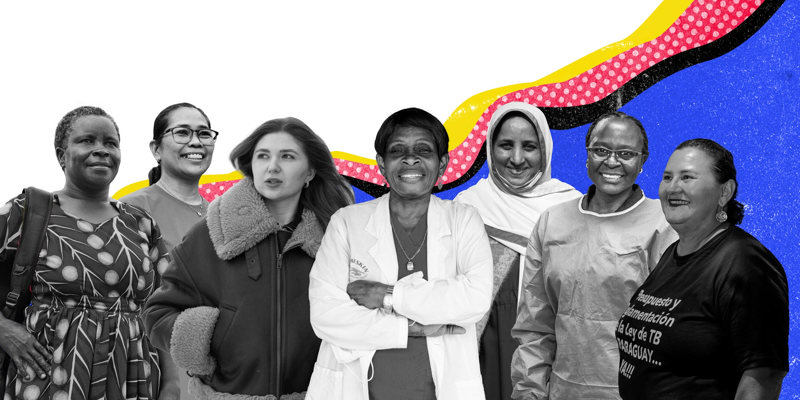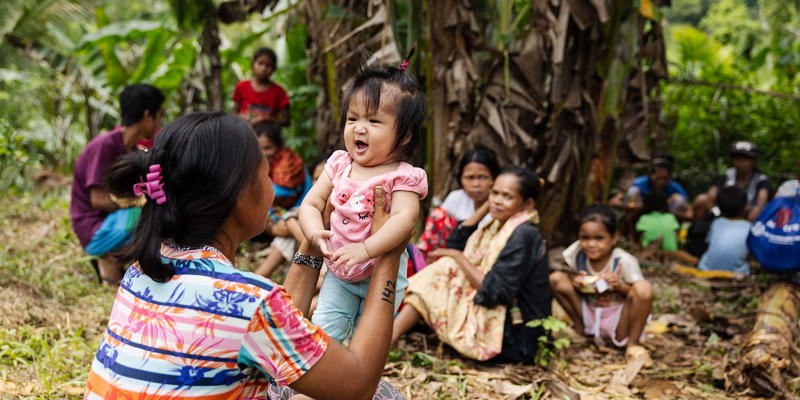The fight against malaria is one of humanity’s most significant public health successes. Great progress was made in malaria control over the last two decades, averting an estimated 2.2 billion cases of malaria and 12.7 million deaths. But progress has stalled. Malaria remains a deadly global health challenge, with the heaviest burden falling on children and pregnant women.
Conflict, humanitarian crises, extreme weather events, increasing drug and insecticide resistance, and funding shortfalls are jeopardizing the significant gains that the Global Fund partnership has made against malaria over the last 20 years.
We cannot afford to stop now. If we take our foot off the gas, progress will reverse, and fast. More than ever before, we must support countries in their efforts to revitalize and sustain the fight against malaria. Now is not the time to pause. It’s the time to give it everything – to reinvest, reimagine and reignite the fight to end malaria and secure a healthier, safer, more equitable future for all.
World Malaria Day 2025 - Video
Malaria remains a deadly health threat, killing one child every minute of every day. But proven tools to prevent and treat this deadly disease exist. And over the last two decades the Global Fund and partners have prevented billions of malaria cases and saved millions of lives. But without ongoing investments in the fight against malaria, cases could surge, including in malaria-free places. And we could lose progress already made in the fight against this deadly disease. On World Malaria Day 2025, the Global Fund is urging the world to remain united in the fight against malaria - to save millions of lives and build a safer more prosperous world.
Ending Malaria Makes Everyone Healthier, Safer and More Prosperous
A few months ago, alarm bells rang across global health networks as a mysterious disease emerged in a remote corner of the Democratic Republic of Congo (DRC). The outbreak seemed to defy easy explanation — it was circulating in the remote parts of the country and primarily struck children under the age of 5 with surprising severity.
These Women Are Keeping Us All Safe From Infectious Disease
A health crisis anywhere is a threat to people everywhere. This is why investments fighting HIV, TB and malaria are so vital – not only to fight the world’s deadliest diseases, but also to ensure that health systems everywhere are equipped to detect and contain outbreaks before they spread. Women are most often the ones doing this vital work – keeping people everywhere safe from infectious disease. On International Women’s Day we celebrate these health heroes.
Integrated HIV, TB and Malaria Care Supports Mothers-to-Be and Newborns in Kenya
Catherine Nyiva’s first pregnancy was difficult. She didn’t know what to expect. “I was very scared,” she says. “At the clinic, we did not have time to talk to nurses one on one, to express our fears, to ask questions.” Eventually, Catherine delivered a healthy baby girl. But it took a long time to rid herself of the anxiety that attended pregnancy and childbirth. Catherine’s daughter, Stacey, is now 10 years old – an attentive, curious girl. Catherine is pregnant with her second child.
The Philippines: Supporting Country- and Community-led Efforts to End Malaria
The end of malaria is in sight in the Philippines. In 2002, the country recorded 38,347 cases of malaria and 122 deaths. Today, 72 of the Philippines’ 82 provinces are malaria-free, with nine provinces declaring zero indigenous cases and only one province with active transmission of the disease, registering 6,189 cases in 2023.













